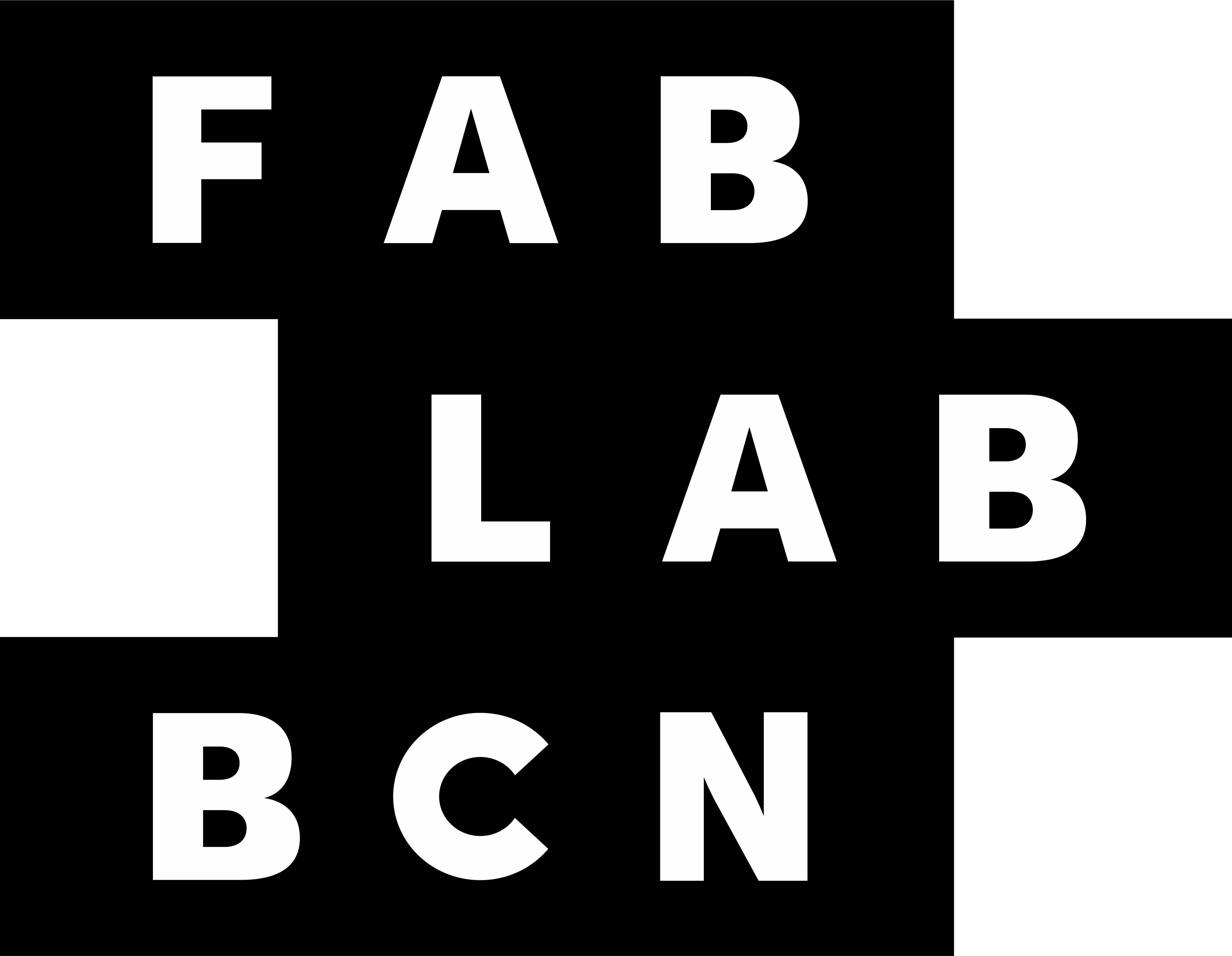
Supported by the Europe Forest Institute (EFI) and in collaboration with a number of organizations throughout Europe and beyond, Valldaura Labs has begun co-authoring the Green Book of Biocities, a seminal text which will define the new paradigm of Biocities and the key strategies to make them a reality.

By synthesizing inputs from stakeholders and all of the organizations involved – whose expertise span from sustainable forest management to agriculture, circular/bio-economics, health, ecology, nature-based solutions, social issues, architecture, urbanism and policy making – the ambition of the Green Book is to arrive at a consensus regarding the definition of Biocities which holistically incorporates all of these vital components.
The Green Book begins from the deceptively simple premise that Biocities are cities that follow the principles of natural systems to promote life.



Proceeding to the recognition that humans lived in harmony with nature for centuries prior to the industrial revolution and the widespread use of greenhouse-gas emitting fossil fuels; that the forms and functions of cities have historically evolved in direct response to the primary challenges faced by civilization during the era of their development; that cities now account for 75% of global greenhouse-gas emissions*; and that the human population is projected to increase by 2 billion majority urban individuals by 2050; the Green Book then acknowledges that a fundamental re-naturalization of the urban model is necessary both for existing cities and those destined to be built or expanded across the world if we’re to maintain any reasonable expectation of mitigating the most disastrous effects of global climate change.



The Green Book will be published in 2022, and will make clear how the technologies and knowledge available today can most effectively address these challenges, as well as which technologies and knowledge we must prioritize advancing.



Year Completed: 2021
Duration: 1 year
Budget: 200.000€
Project Coordinator(s): Giuseppe Scarascia-Mugnozza, Stefano Boeri (SISEF)
IAAC Project Managers: Vicente Guallart, Michael Salka
Partner Organizations: Italian Society of Silviculture and Forest Ecology (SISEF), Norwegian Institute of Bioeconomy Research (NIBIO), Swedish University of Agricultural Sciences (SLU), Croatian Forest Research Institute (CFRI), Public Interest Group on Forest Ecosystems (ECOFOR), KU Leuven (KULEUVEN), University of Hong Kong (HKU), Institute for Global Health Barcelona (ISGLOBAL), Humboldt Universität zu Berlin (HUB-GD), Politecnico di Milano (POLIMI), UK Forest Research (UKFR)
Stakeholder/Expert Panel Organizations: Food and Agriculture Organization of United Nations (FAO), Chinese Academy of Forestry (CAF-RIF), BOS+ More than Just Trees (BOS+), Area Metropolitana de Barcelona (AMB), Comune/Città Metropolitana di Bari (BARI), Urban Next/Actar Publisher (ACTAR), Secretaria Distrital de Ambiente Bogota (SDAB), TURENSCAPE Co. Ltd. (TUSC), University of Florence (DISIT), Sapienza University (PA-Rome), University of Sheffield (UNIS_LAND), ETIFOR, United States Department of Agriculture Forest Service (USDA-FS), RUDN University (RUDN)
Funding Organization: European Forest Institute (EFI)




